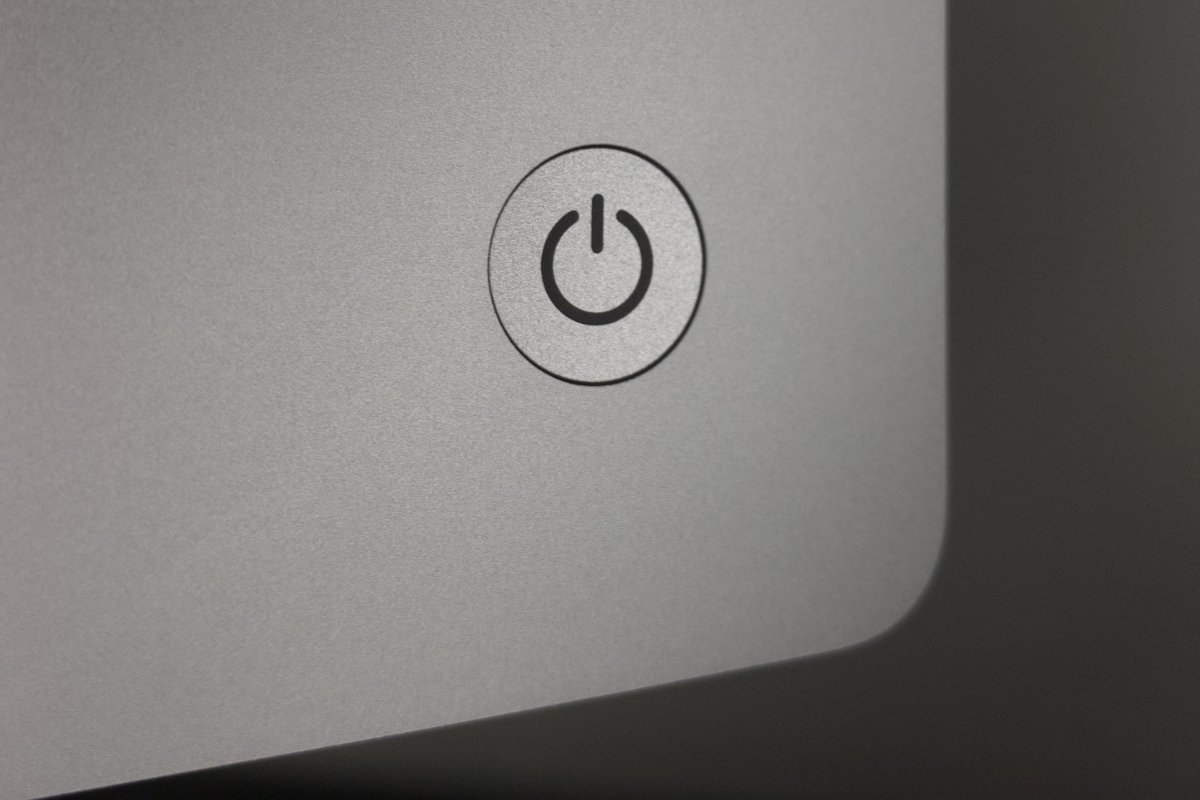KEY POINTS
- Switching off your phone one hour before bed is a simple intervention for enhancing happiness and wellbeing.
- Switching off your phone for one hour a day also improves your sleep quality, sex life, and gets you out the door faster in the morning.
- Overusing phones is associated with stress, anxiety, and poor sleep quality, whereas moderate use has health benefits.
We need them, we want them, we can't live without them. Smartphones have become more than just communication devices. They are an extension of who we are and can be infinitely customised. Our phone brand, design, and wallpaper reflect our personality and interests.
When we are bored, phones provide us with comfort; when we are sad, they hold the key to our happiness; when we are self-conscious, we turn to them to keep us occupied. They are the hub of our daily activities, windows to the world, not to mention a source of our safety with an emergency number available to us at all times.
Over the years, phones have become a reflection of our lives, devices that symbolise our identity, which is why they are so hard to put down.
Smartphones have received a lot of bad press, with many people wondering about their addictive nature. Nomophobia, which describes a fear of being without a phone, is often associated with phone overuse. Constant phone checking, obsessive use of messaging, social networking, news-reading, constantly seeking that elusive bargain often cause anxiety and adverse mental health outcomes.
Overusing the phone results in higher stress levels, lower life satisfaction, increased anxiety, depression, and poorer sleep quality. Despite having a whole night's sleep, we feel tired in the morning. This is why my student Nicola Hughes and I designed an experiment that we hoped would help people get the best out of their phones and ensure they also have a good night's sleep.
Imagine if you were asked to switch off your phone an hour before bed and keep it off all night. How would you feel about this? We invited professionals from the UK who tended to use their phones a lot and requested that they do precisely this. They were asked to switch off their phone one hour before bed and keep it off for the night for just one week. Of course, we knew that it would result in some improvement of happiness and well-being, but the findings surprised even us.
Compared with the control group, the well-being and the quality of life for those who switched off their phone before going to bed have increased. This means they reported higher satisfaction with life and happiness in merely a week. In addition, they became more responsive to the world around them and saw themselves as physically healthier. Their phone addiction decreased, leaving them more in control of their lives. As a result, they began to have a choice – a choice about how to live their life differently.
To further explore why all these positive changes occurred, we asked participants additional questions, which showed that their sleeping quality improved. They were able to fall asleep faster than usual during the experiment week. This is not unusual, given that screens, smartphones, tablets, and other computing devices, delay our sleep by approximately 30 minutes.
This means that regardless of what we use them for, looking at relaxing images, working, or reviewing distressing news, the mere use of the device negatively impacts our ability to fall asleep. Add to it the consequences of the phone content; all this may explain why we experience sleep issues when sleeping with our phones.
Additionally, our participants reported that switching off their phones for one hour before going to bed reduced their anxiety and made them feel like they were not wasting their time. Many explained that they had more ‘me' time, allowing them to pursue the things they didn't usually have time to do.
For example, some started to read books in bed, which was very good for their mental health, given that reading before going to sleep is associated with improvements in wellbeing. Others said they had more time to think and ponder about their lives, plan for the next day and reflect on the day that passed.
Participants also took this time to prepare for the next day, meaning that they could get ready quicker in the morning, making them feel more efficient. This small cascade of changes has also brought them a feeling of calm throughout the whole week, which they contributed directly to the experiment.
Notably, many people mentioned their improved relationship with their partners. Some of them encouraged their partners to switch off their phones, too, even though they were not part of the experiment. As a result, they spent that extra phone-free hour connecting with their loved ones, having longer, deeper conversations, and this closeness made them reflect on the importance of connecting with other people in their lives.
Some participants also mentioned improved sex life, which may be why over 90 percent of our experiment participants concluded they wanted to continue switching off their phones even after the experiment had ended.
Switching off your phones is a slight change you can make that significantly impacts your life. It costs you nothing; it saves the environment, not to mention the array of benefits you could gain from doing this. You have nothing to lose and a lot to gain. So why not give it a try starting this evening?











